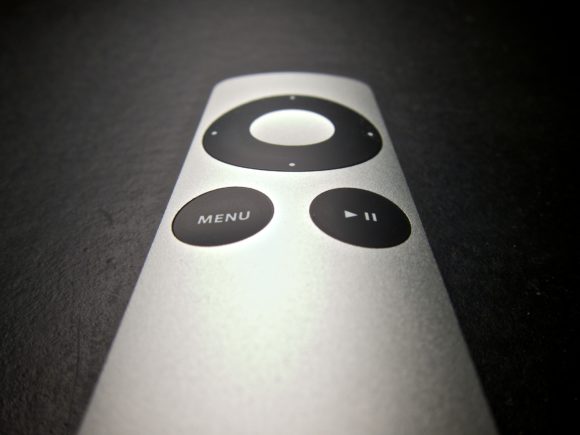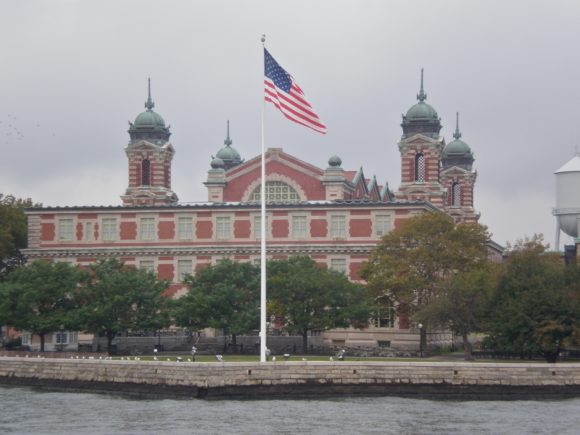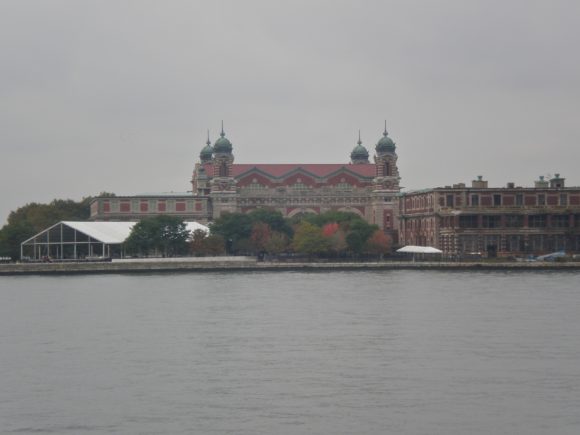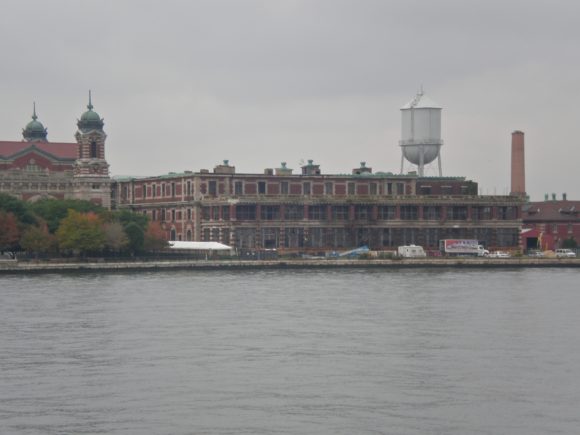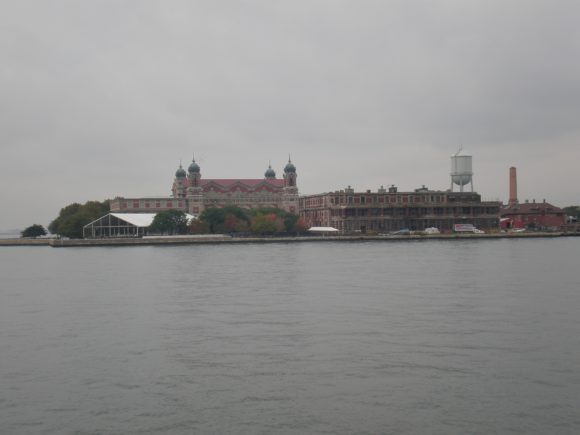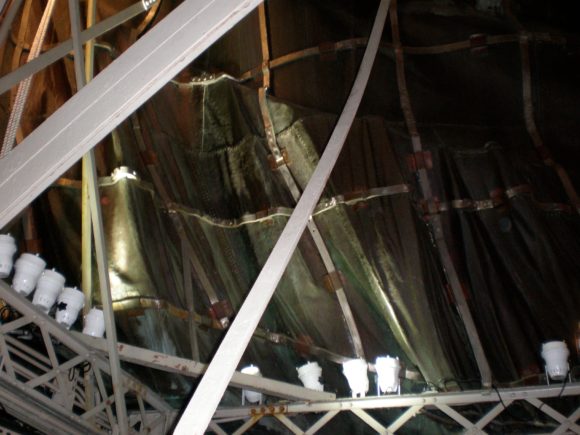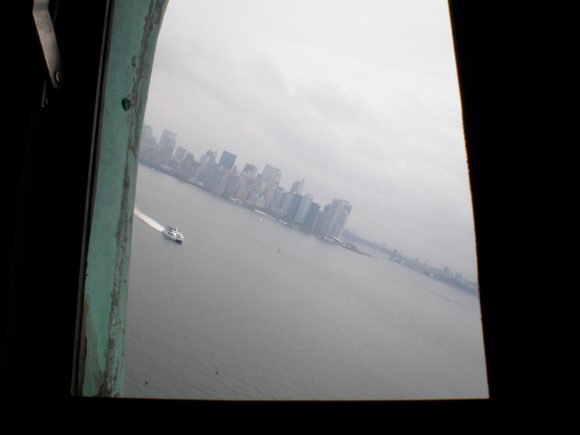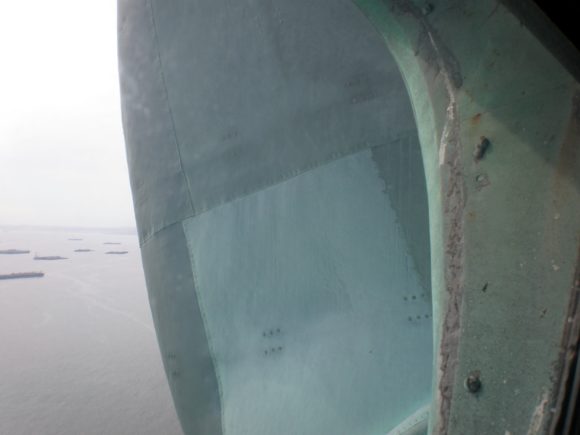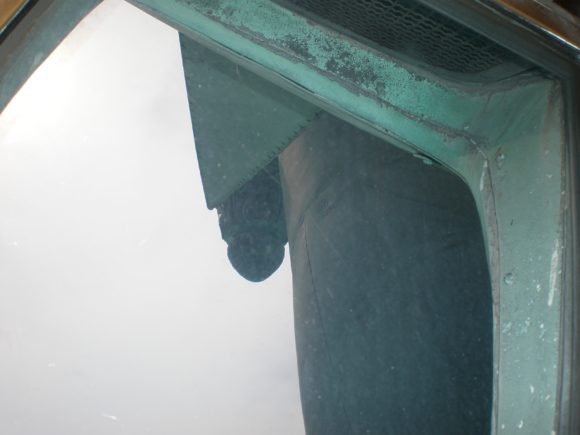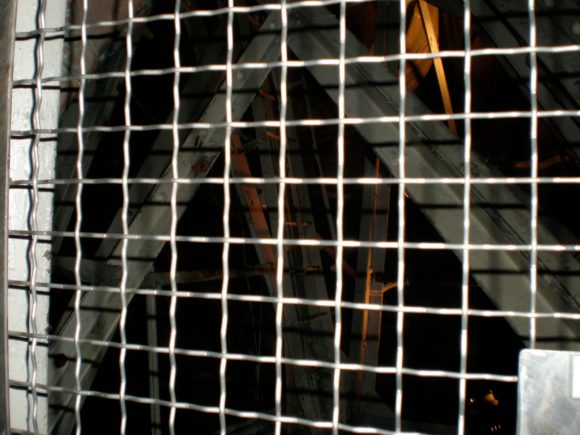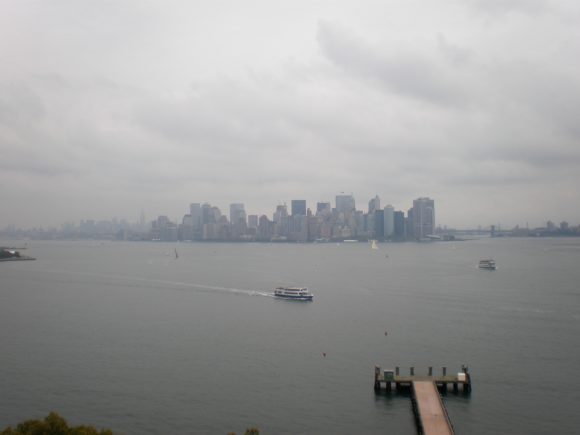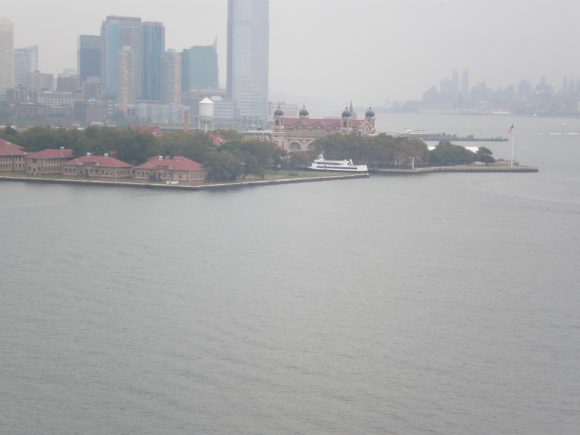The FCC for years has been considering any connection greater than 200kbps to be broadband. For the past several years that’s been pretty misleading. In addition, they only collect downstream, not upstream. They also consider an entire zip code to have broadband if only 1 home can get it. That’s not very accurate. This makes the broadband situation in the US look better than it really is.
The definition of broadband in the US is now being redefined as 768kbps. They will now collect upstream data, and use census-track data. This is a major win since it will more accurately show how many people really do have broadband, and more importantly how many do not.
I personally disagree on the number and think it should be at least 2Mbps, but it’s a win regardless.
The pacific rim annihilates the United States when it comes to broadband. According to Akamai’s State Of The Internet for Q1 2008 high broadband (greater than 5Mbps) is where we really start to show our deficiencies. Here’s a look at broadband which they define as simply greater than 2Mbps:
|
Global |
55% |
-2.0% |
| 1 |
South Korea |
93% |
-1.5% |
| 2 |
Belgium |
90% |
+1.5% |
| 3 |
Switzerland |
89% |
+0.5% |
| 4 |
Hong Kong |
87% |
-1.5% |
| 5 |
Japan |
87% |
+1.0% |
| 6 |
Norway |
83% |
-2.3% |
| 7 |
Tunisia |
82% |
+29% |
| 8 |
Slovakia |
81% |
+0.5% |
| 9 |
Netherlands |
78% |
-2.6% |
| 10 |
Bahamas |
74% |
-3.0% |
| … |
… |
… |
… |
| 24 |
United States |
62% |
-2.8% |
Pretty pathetic considering our last Vice President invented the Internet 😉 . We are the largest in terms of sq miles, but when you consider the US population density, the bulk of our land is very sparsely populated. 80.8% of the US population lives in an urban setting [Warning: PDF].

Japan by comparison has 66.0% of it’s population in an urban setting. Belgium has a surprising 91.5% which may account for it’s #2 position. Switzerland has 44.4% yet makes 3rd place threatening Belgium’s position.
I’m far from the first one to complain about the poor state of broadband. BusinessWeek and CNet both have relatively good discussions about the topic.
The future of media is clearly moving online as people demand to consume it on their schedule as they desire. Take a look at some of the statistics and it’s clearly a large industry. I suspect the lack of broadband infrastructure will be a real problem in the next several years as the rest of the world becomes very easy to distribute media to, and the US still faces challenges.
Solution? Highly debatable, but if so many other countries can do something about it, I suspect it’s achievable here in the US as well. I suspect that the taxes made from companies that do business on the internet from ecommerce to advertising would make this a decent investment for the US government to at least partially back. The more places companies make money, the more places the government does. That may be necessary as not all markets are profitable enough for telco’s to bother with. There have been various attempts to jumpstart this effort, but none to date have been successful.
It’s not only about just having access, it’s also the cost. As BusinessWeek points out in the article above, broadband in the US is not cheap.
Perhaps wireless will finally allow for competition and lower prices, at least that’s what everyone is hoping for. The question is if it will happen, if the technology will be there (wireless is generally high latency), and if it will be affordable for the common man.
I suspect in the next 4 years this will become and even bigger topic of discussion as some of the top ranking countries start to reach the point of saturation.






